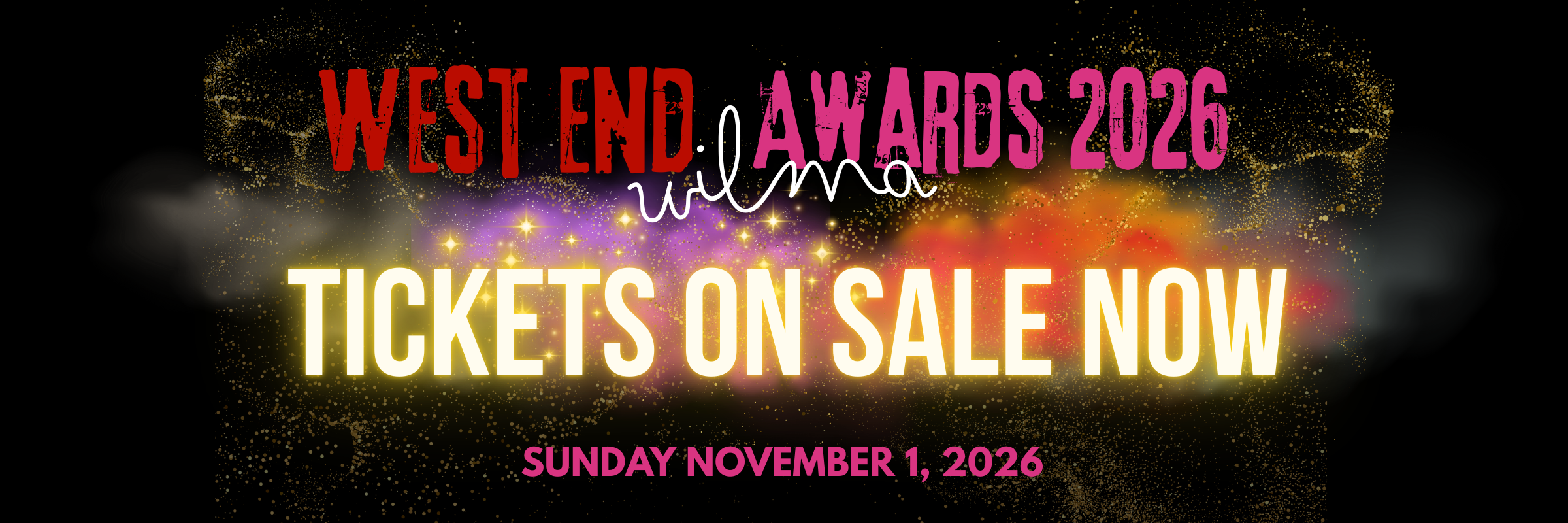
On a winter’s night in 1960s Connecticut, a man disappears into a snowstorm. The man is Ray Sanders (Nigel Whitmey), husband of the impossibly glamorous Mona (Elizabeth Debicki) and best friend of Donald Dodd (Mark Strong). Mona, Donald and his wife Ingrid (Hope Davis) are snowed in at their comfortable Lakeville home and must wait out the storm together.
The Red Barn is a new play by David Hare, adapted from crime writer Georges Simenon’s novel La Main – The Hand. It’s a brooding, atmospheric play with all the expertly constructed twists and turns of a proper whodunit. And it certainly does thrill.
Lubricated by generous measures of scotch, Donald, Ingrid and Mona treat life like a game; their disingenuousness disguised as societal nicety. Part tense thriller, part intricate character examination, The Red Barn explores the battle within Donald Dodd – between his will to maintain a facade of normality and his desire to succumb to the chaos within.
David Hare’s crisp, deliberate language finds its theatrical soulmate in Robert Icke’s chic direction. Together they have produced a play in which every second is measured, every breath controlled and every cubic centimetre of space calculated.
Hare’s writing style demands some effort from the audience to join the dots and stimulates the mind to race ahead. The disappointing exception comes in the penultimate scene, when Hare clumsily tells us what we just spent 90 minutes working out for ourselves. But regardless, it’s a play that invites its audience to be clever.
With clear influences from Death of a Salesman’s Willy Loman and a Great Gatsby hangover, protagonist Donald seems to buy into the American Dream without ever describing his life in those terms. Ultimately his struggle with what it means to ‘be a man’ defeats him. Do the women in his life emasculate him or does he emasculate himself? There are compelling arguments either way.
Unusually, Mona and Ingrid’s emotional lives are private and take place entirely offstage. The words and actions of the women, and not their emotional reactions, are what counts in this story. It’s Donald’s inner turmoil Hare invites us to scrutinise. This refreshing twist on gender dynamics is welcome, and focuses the audience’s attention solely on Donald’s plight.
As Donald, Strong is indeed strong, but, perhaps fittingly, overshadowed by the powerhouses of Debicki and Davis. Davis’s every move as Ingrid is beautifully controlled, if slightly too heavily imbued with significance. Her pregnant pauses, long stares and overly careful diction start to grate after a while. Debicki’s performance as Mona is fabulously detailed. Long before Donald confesses his love for her hand, it has seduced the audience. She is statuesque and still, with effortless poise and an acute awareness of all her charms.
The mounting threat of violence is effectively supported by Tom Gibbons’ evocative soundscape. Bunny Christie’s design never disappoints, and here it is slick and cinematic, with clever staging that literally narrows or expands the audience’s focus at will. It’s complemented by Paule Constable’s naturalistic lighting design, interrupted by sporadic bright flashes of light between some scenes. Do they represent the capturing of evidence? Or the sparking of ideas? Whatever the intended significance, they deliver a shot of adrenaline shot that sharpens the senses.
This stylish play is an interesting contribution to the current conversation in theatre on gender politics. Relevant without resorting to overt attempts to be ‘zeitgeisty’, The Red Barn is an intelligent and gripping look at modern masculinity.
Reviewed by Annabel Mellor
THE RED BARN plays at the National Theatre until 17 January 2017


